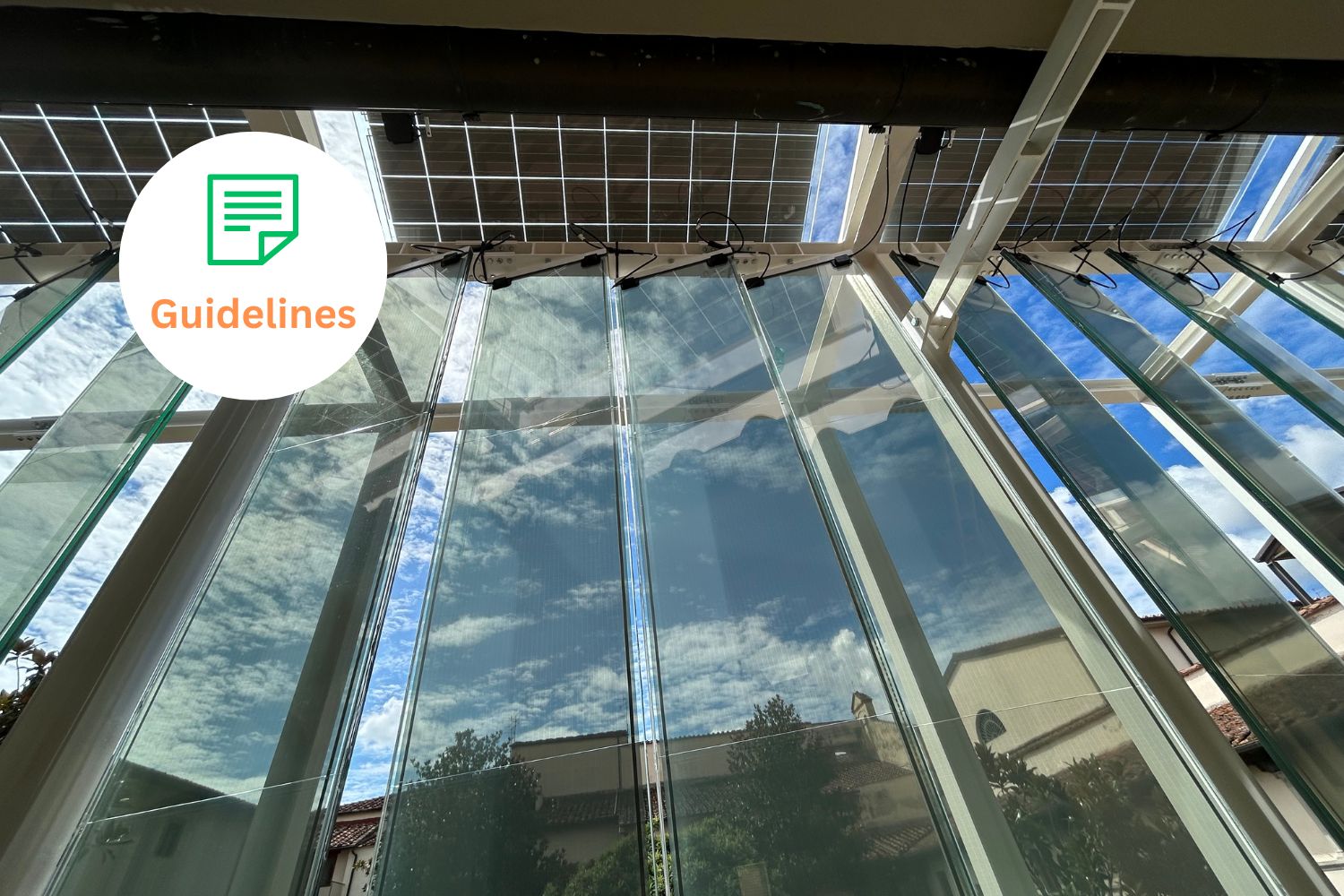
Med-EcoSuRe shares its innovative renovation Guidelines for sustainable and efficient buildings
Med-EcoSuRe undertook universities, as the most fertile ground and space to grow open innovation, to experiment with new processes and solutions providing proofs of concepts and giving the possibility to educate towards more sustainable building renovation.
The implementation of the innovative and eco-sustainable renovations was supported by the creation of university-based Living Lab (LL), to overcome the fragmentation of renovation processes in Med uni buildings and in particular in Tunisia, Italy, Spain and Palestine.
This Inclusive approach enabled the university community (energy managers, decision makers, academics, end users) to contribute to co-create the renovation process and to achieve the common goals of more sustainable uni buildings, in terms of EE and environmental impact, and also in terms of wellbeing and aesthetics, as well as increased environmental awareness of users.
Several RE and EE measures were selected and implemented in three universities based on recommendations drawn from energy audits and through surveys (for emerging solutions), workshops and courses, while exploiting a set of tools developed as a decision support to efficiently design, plan and evaluate the renovation process. The implemented measures enabled to save up to 148 k€/Y and avoid around 510 tCO2/Y.
Guidelines were produced to disseminate the innovative process and Recommendations & Best Practices resulting from the concretization and implementation phases of the LL workflow, which willfacilitate the replication and scaling-up of the innovative renovation actions implemented, leading to a wider impact.
Below is the list of the guidelines developed:
.jpg)
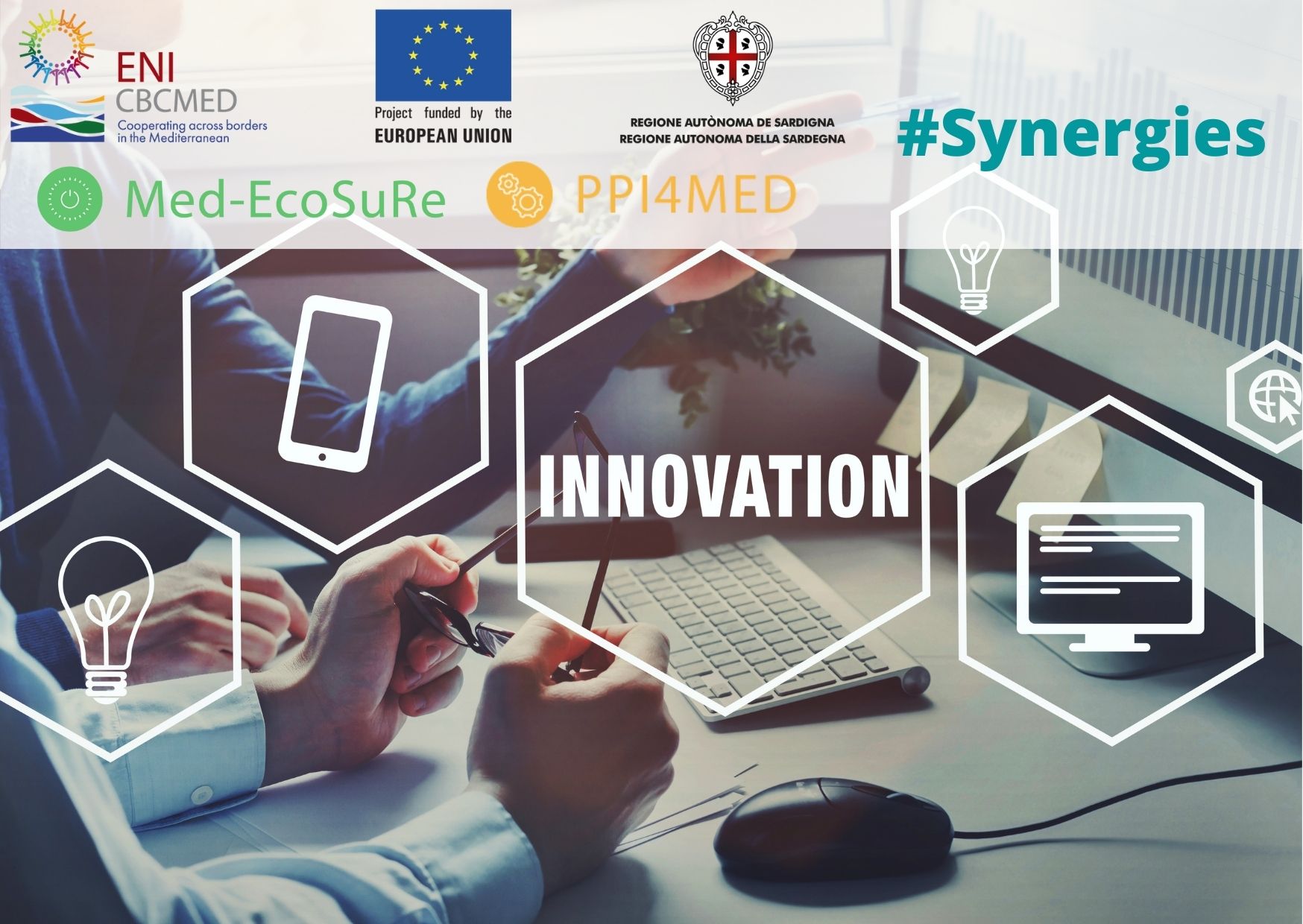
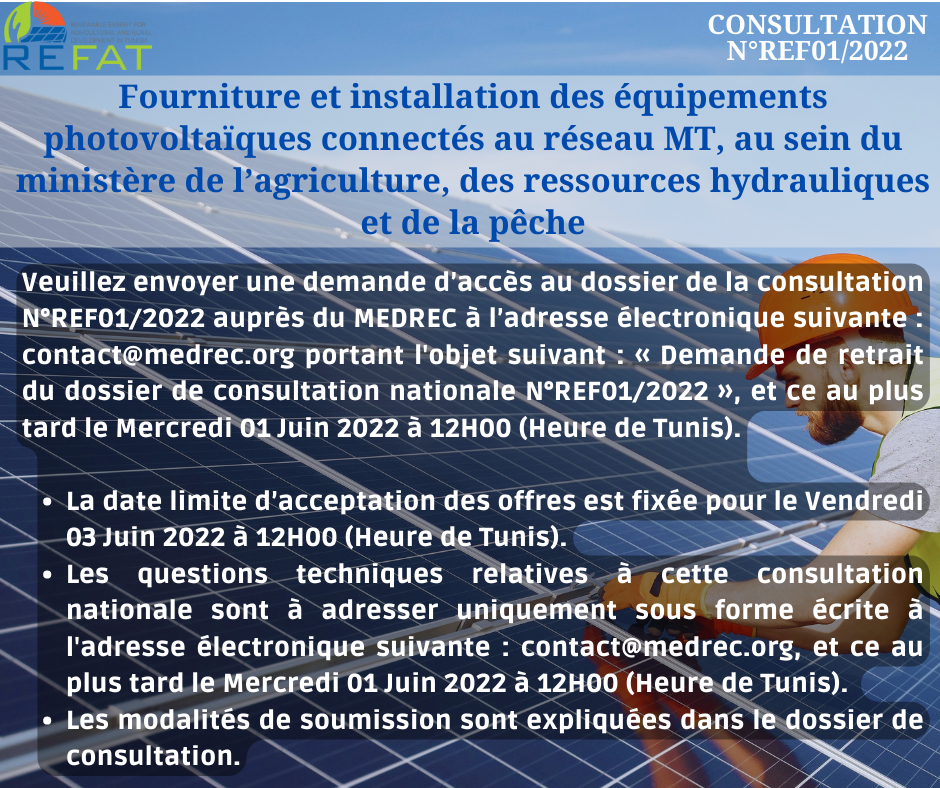
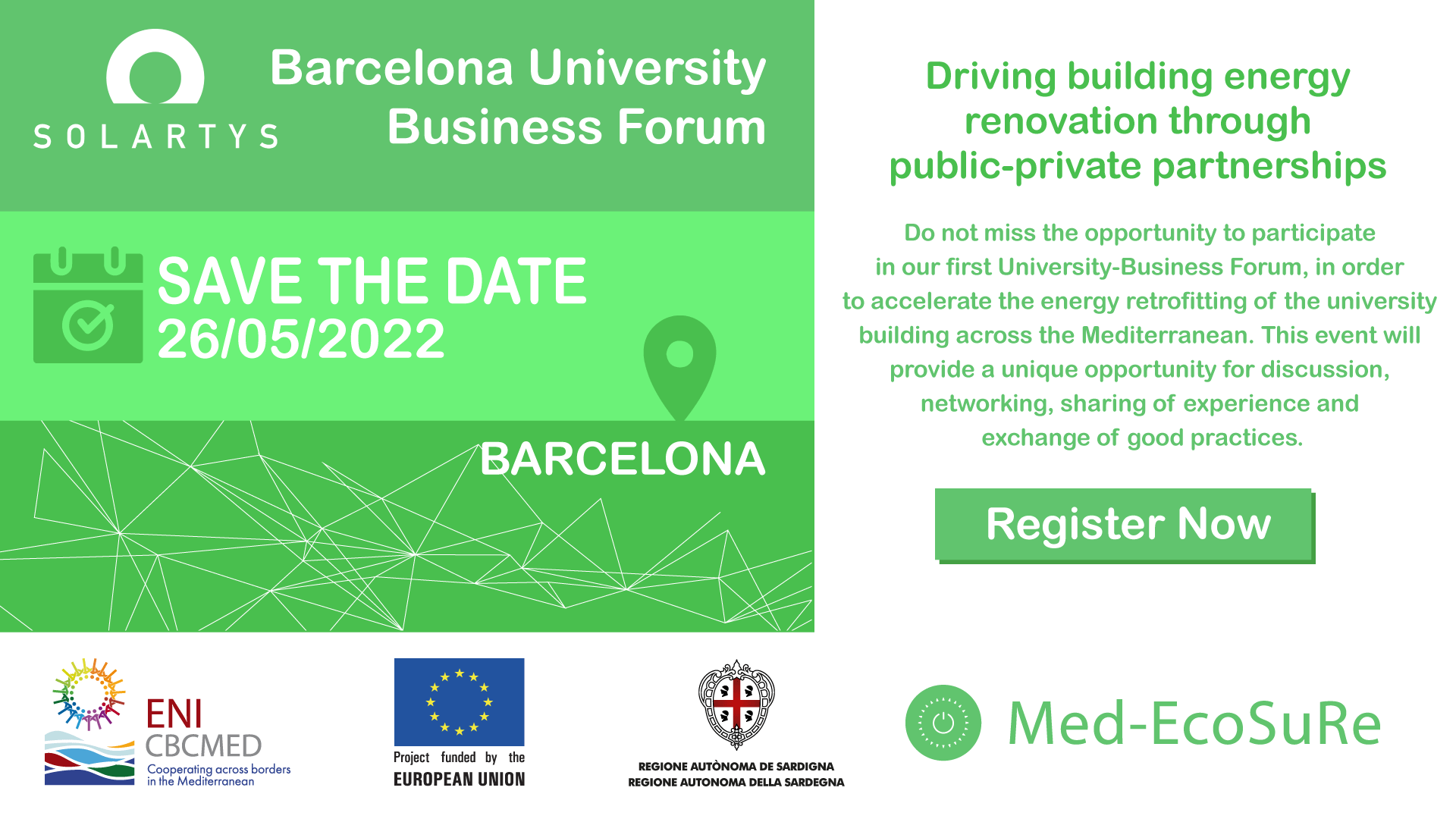
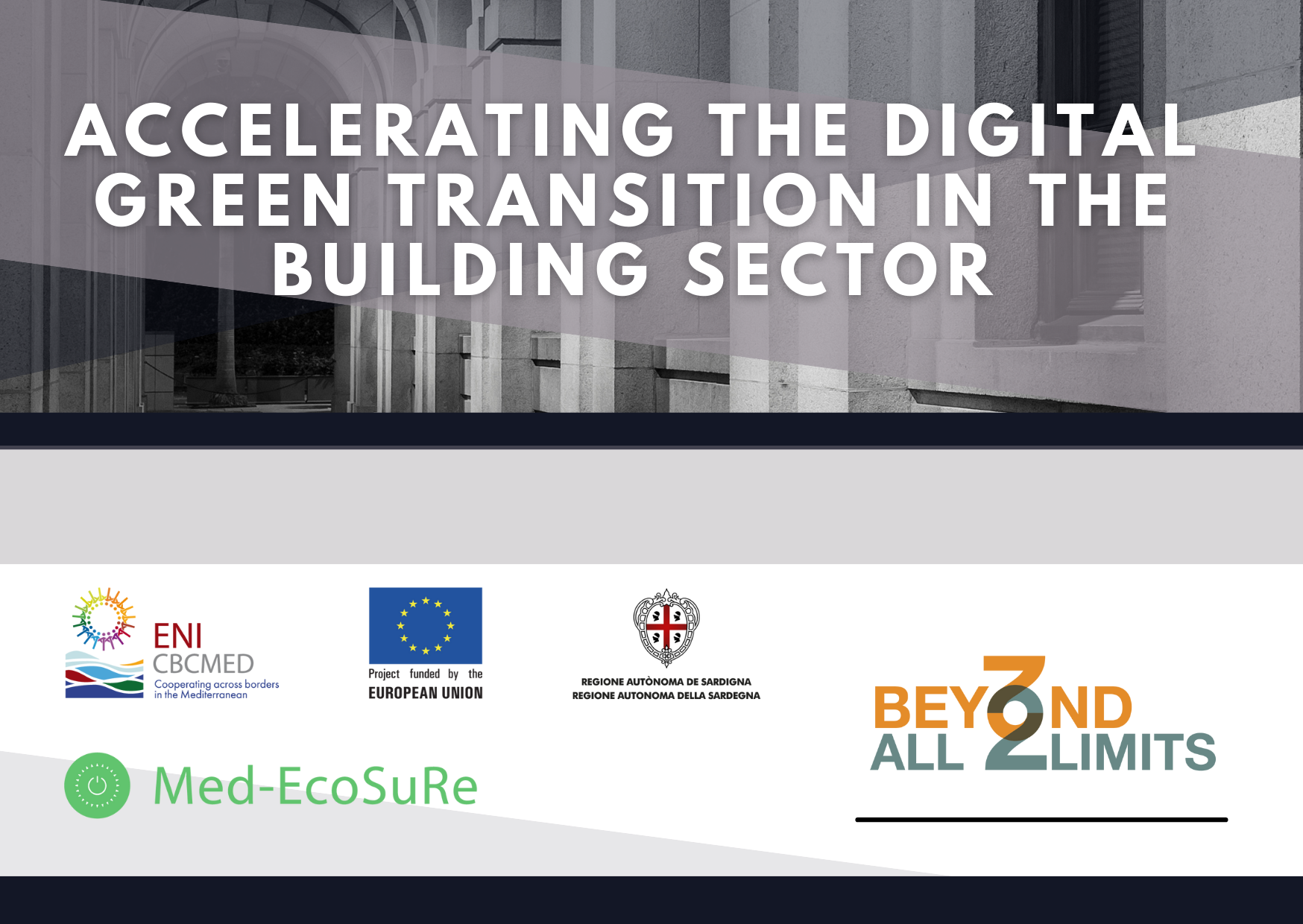
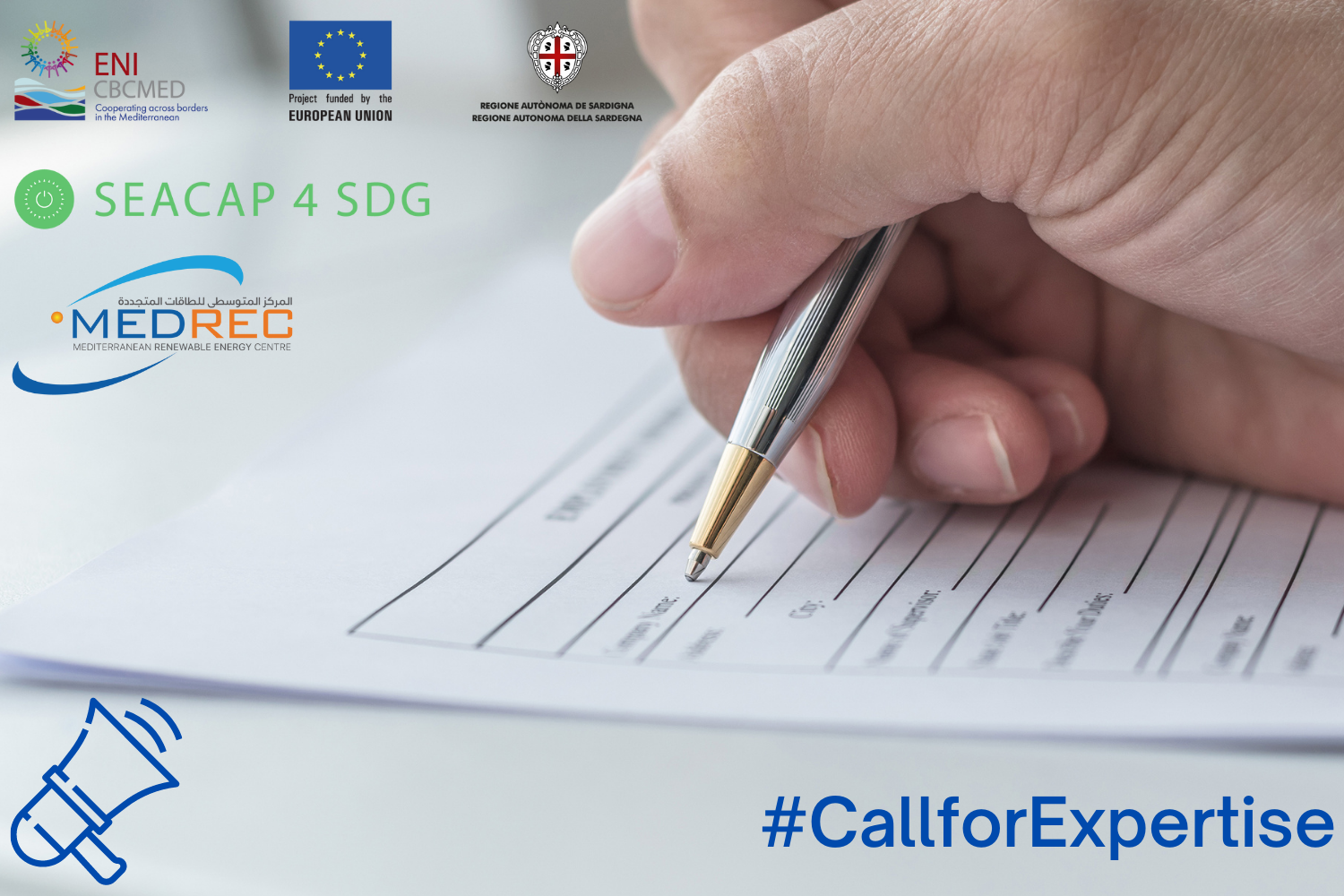







 03, rue Moslem Ibn Alwalid, Notre dame, Mutuelleville, Tunis 1082
03, rue Moslem Ibn Alwalid, Notre dame, Mutuelleville, Tunis 1082

